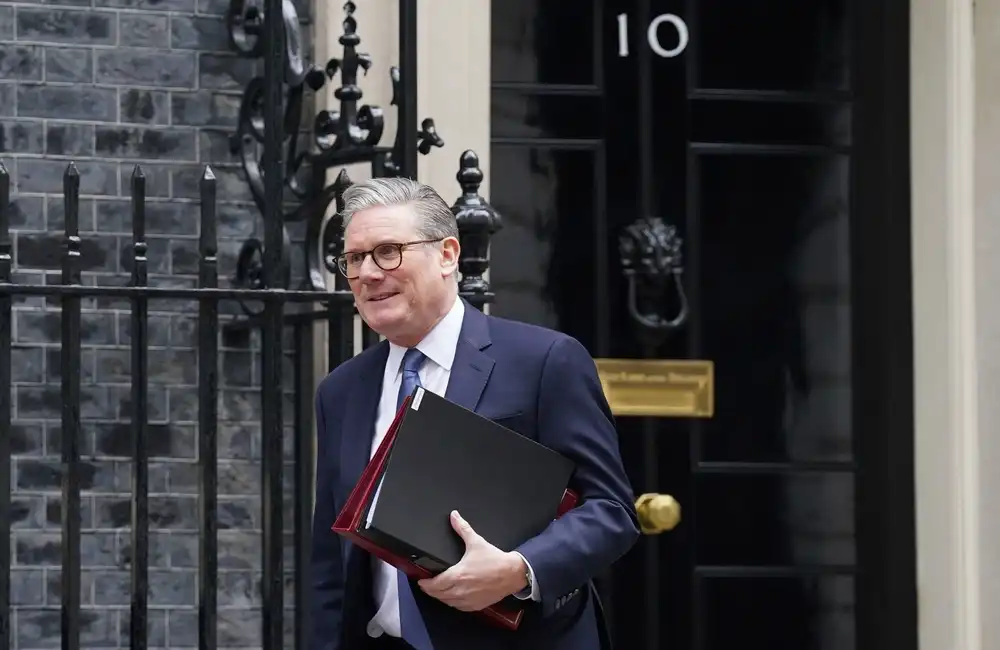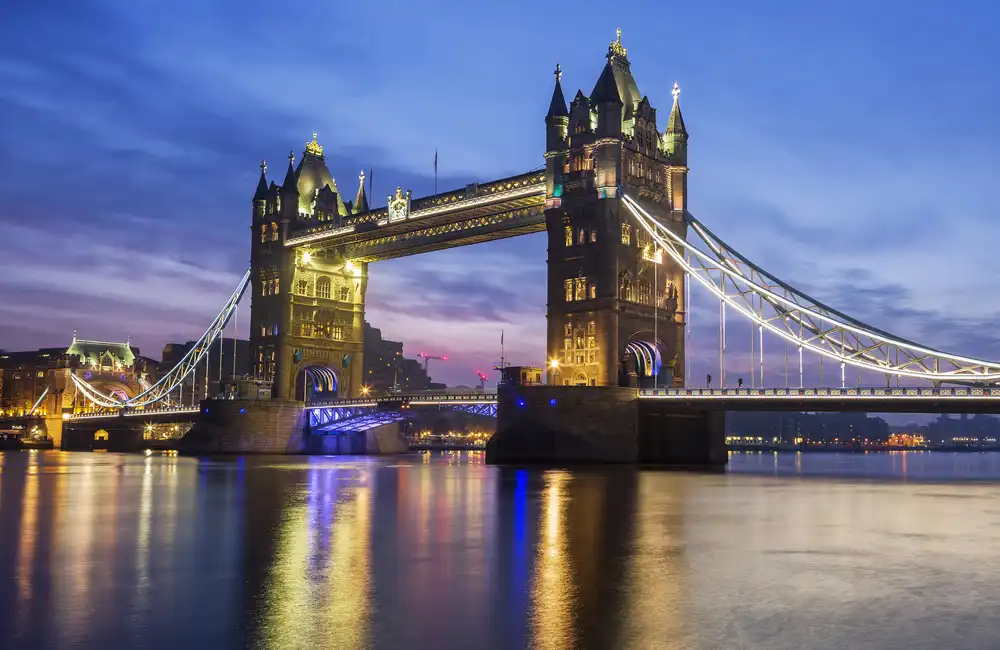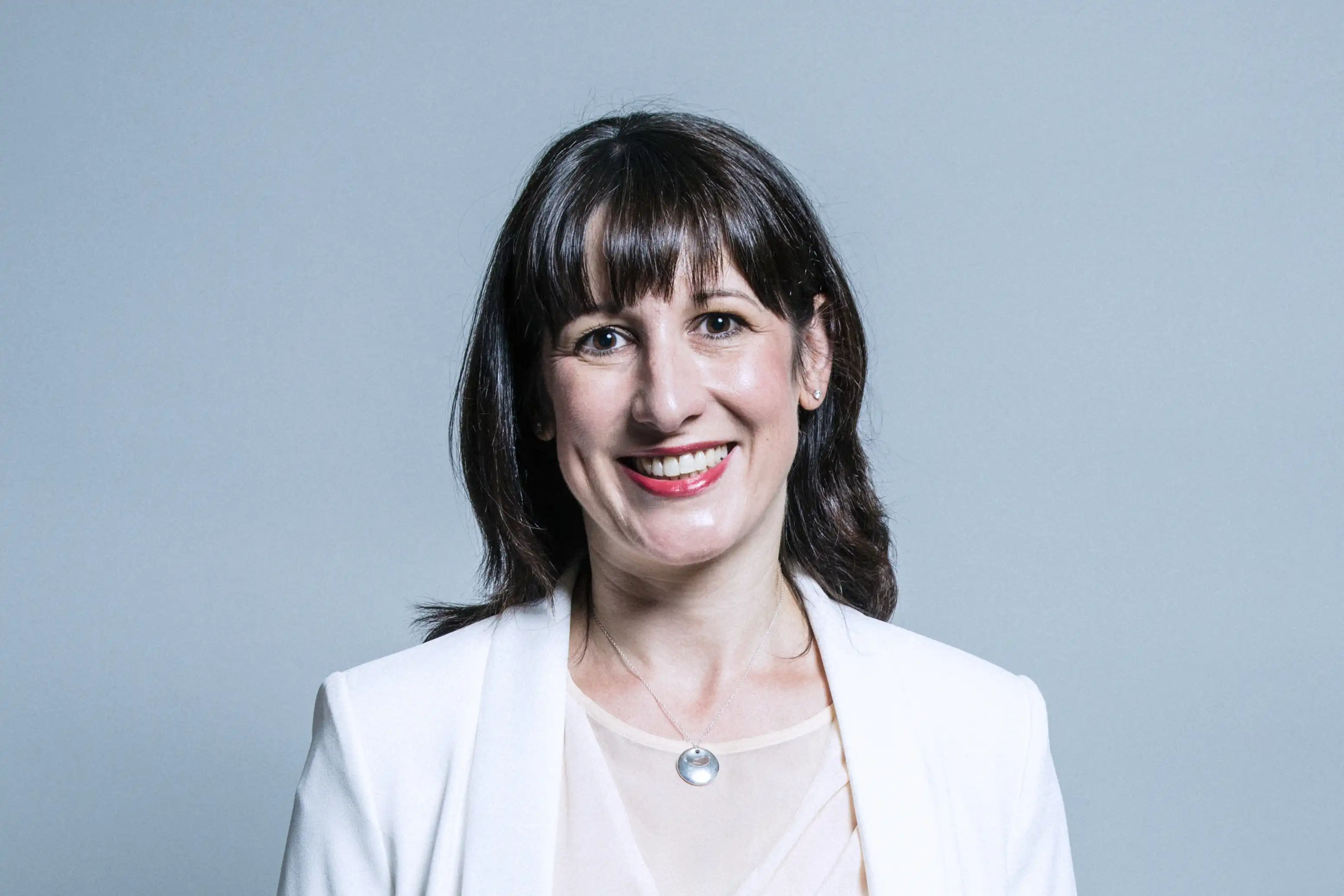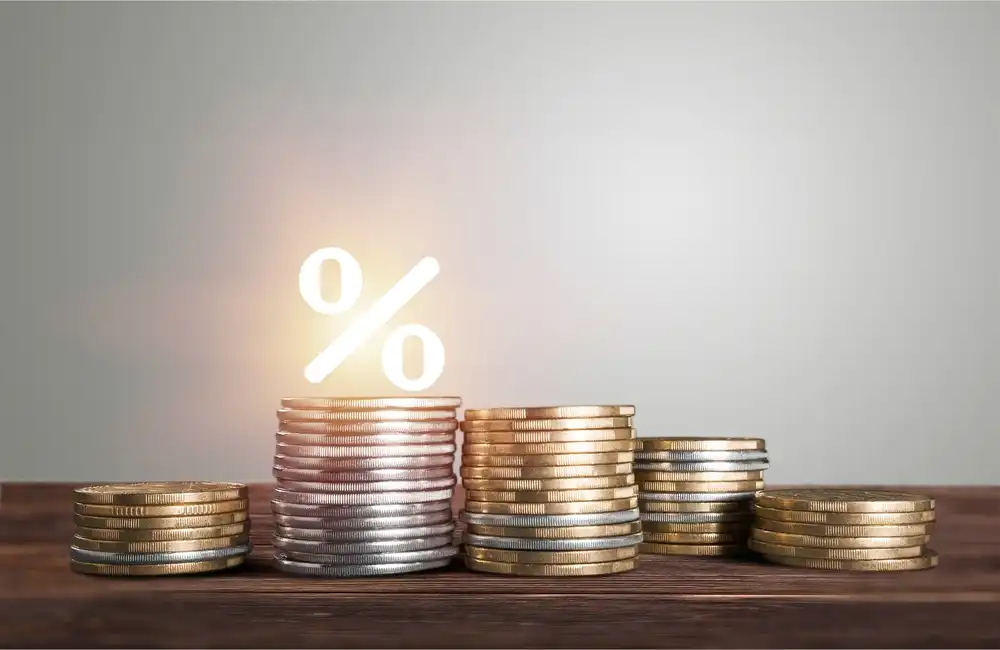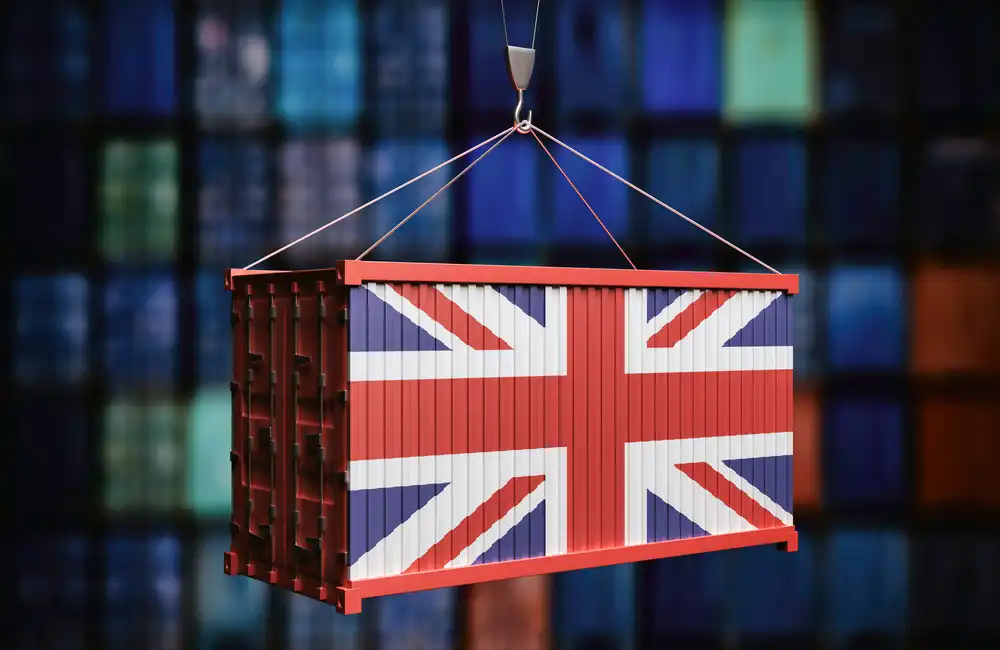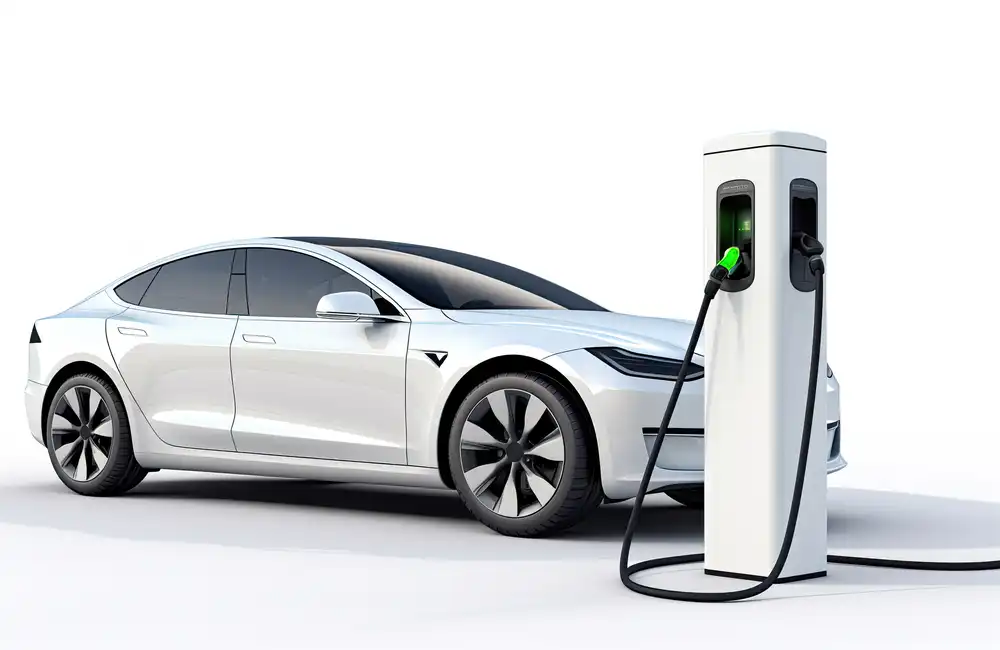According to recent findings from the Ipsos MORI Economic Optimism Index survey UK consumer confidence has reached its lowest point in nearly fifty years.
The early April net confidence balance of –68 indicates widespread public concern about national economic conditions.
The significant decline in optimism, alongside Britons’ anticipation of further economic deterioration, raises new worries about consumer attitudes, business decisions and financial stability.
Poll Methodology
The data comes from Ipsos MORI’s Economic Optimism Index, a trusted gauge of public economic sentiment.
Between 2 and 8 April 2025, 1,010 adults across the UK were surveyed to ensure a representative demographic sample.
Respondents rated whether they expected the economy to improve, worsen or stay stable over the coming year.
Survey Findings
Net Confidence Balance
The index recorded its lowest-ever level at –68, reflecting record pessimism among Britons.
Future Expectations
75% of respondents predict economic decline over the next twelve months.
7% expect an improvement and 13% foresee no change.
Comparison with Past Lows
This –68 reading surpasses prior troughs of –64 seen during January 1980’s recession, July 2008’s financial crisis and mid-2022’s cost-of-living squeeze.
Each past low corresponded with major economic shocks, underscoring today’s unprecedented uncertainty.
Economic Implications
Consumer Spending
Worsening outlooks may curb discretionary spending, hitting retail and hospitality sectors hardest.
Business Investment
Heightened uncertainty often leads firms to delay long-term investments, slowing job growth and innovation.
Inflation Expectations
Persistent pessimism can alter inflation forecasts, complicating monetary policy decisions.
Expert Commentary
Dr Hannah Clarke, Capital Perspective
She warns that rising inflation, stagnant wages and geopolitical risks are eroding household buying power.
Ben Taylor, Ipsos MORI
He highlights how pandemic aftereffects, Brexit trade frictions and living-cost pressures are fueling public anxiety.
Policy Response
Chancellor Sarah Edwards unveiled accelerated trade talks to boost market access for UK businesses.
New tax incentives aim to spur private-sector investment and permanent measures include energy subsidies and temporary VAT cuts to ease household budgets.
Closing Thoughts
The UK faces its lowest confidence since 1978, demanding urgent action from policymakers, businesses and households.
Transparent communication and targeted reforms will be essential to restore public trust and achieve sustainable recovery.


